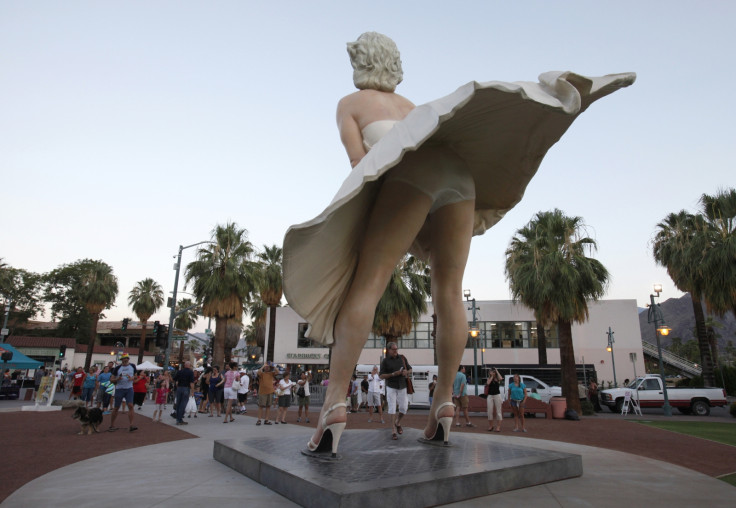Texas: Secretly Snapping 'Upskirt' Photos of Strangers Protected by First Amendment, Rules US Court
Court rules law banning secret photography too broad as it would criminalise professional photographers

A feminist war is raging on social media and in Texas after a court in the US state upheld the constitutional right of citizens to photograph strangers – even if the images are surreptitious "upskirt" photos of women, taken for the purpose of sexual gratification.
In a controversial landmark move on Thursday, the Texan court of criminal appeals struck down a previous statute which banned photographing, broadcasting or transmitting an image of another person for the intention to "arouse sexual desire" without the person's consent.
Attorneys argued that taking photographs is an essential component of freedom of speech. They said that the statue should be abolished because it could, in theory, criminalise the likes of paparazzi journalists.
The case of Ronald Thompson
The case stems from the arrest of a man in his fifties named Ronald Thompson, who was stopped in 2011 at Sea World in San Antonio after parents reported him swimming with and taking pictures of children aged between three and 11.
[The ruling is] a huge violation and absolutely appalling that the rights of predators are being valued over the rights of women and girls.
A police examination of his camera revealed 73 images of children in swimsuits "with most of the photographs targeting the children's breast and buttocks areas", reads the court report.
Thompson's lawyers said the statute that prohibited taking sexually gratifying photos of a stranger without their consent was "the stuff of Orwellian thought-crime", claiming it failed to distinguish "peeping Tom" photography from "merely photographing a girl in a skirt walking down the street".
The appears judges appeared to agree with this claim and removed the statute from state legislation stating that although "upskirt" images are an invasion of privacy, the wording of the law is too broad.
Judges said that photographs are an "inherently expressive" art form, similar to films and books, so form part of an American's right to free speech because "thought is intertwined with expression".
Debjani Roy, deputy director of Hollaback!, a New York-based anti-street harassment group, told the Guardian it is "a huge violation and absolutely appalling that the rights of predators are being valued over the rights of women and girls".
© Copyright IBTimes 2025. All rights reserved.





















